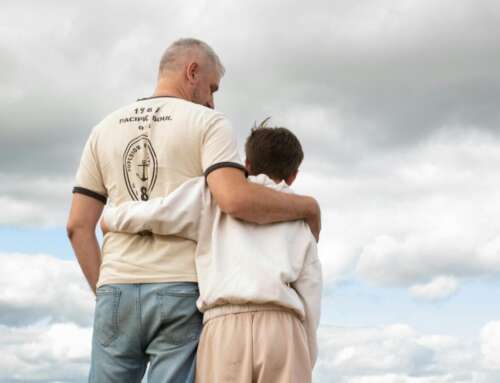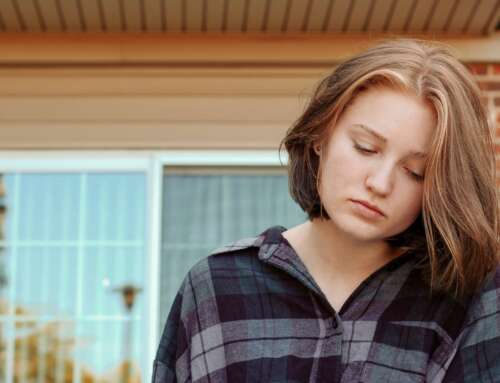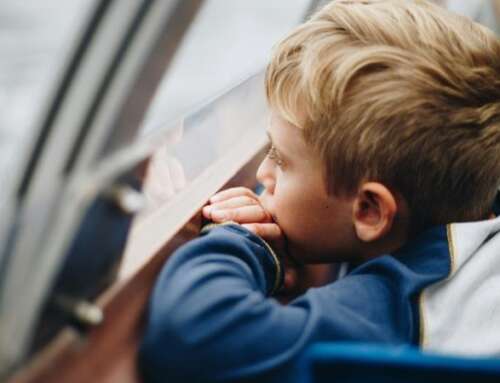 Every few months, this old argument crops up again: Homework – Good or Bad?
Every few months, this old argument crops up again: Homework – Good or Bad?
Last week the ABC reported on research that suggested that homework was of little use to students of primary school age when it came to improving academic outcomes.
The research also suggested that homework was only had “very limited” and “reasonable” benefits for junior high and senior high kids respectively.
This is such a multi-faceted debate that drawing one conclusion is incredibly hard. For that reason, I’m not going to offer a conclusion, rather I’ll offer some different lenses with which to look at this question.
- Let’s assume that kids are becoming more sedentary as most research tends to point to. By giving homework, do we limit their opportunities to be active?
- Are we trying to “teach” our kids too much if 6-8 hours per day at school is not enough?
- If there is too much homework assigned, who ends up doing it? Or if it’s a really important piece of homework, how often is it outsourced to parents?
- How does this affect their wellbeing?
I’m not against homework per se, but one of the assertions in the research is that a lot of homework appears to be solitary “busy” work.
When our PDHPE department set homework in Years 7-10, it is invariably in the form of a reflective journal that requires students to apply their knowledge to their family’s lifestyle, rather than just regurgitate knowledge. Many of our tasks require students to have a conversation with their parents about many of the areas we address in class.
The benefits of doing this are multi layered as it fosters understanding and relationships between the family and the school. They get a view into what we’re doing at school, rather than relying on the often mono-syllabic response to the question, “What did you do at school today?”
As you’ll know I talk a lot about the link between engagement and wellbeing. This relies on a sense of autonomy. If we account for all our students’ time, in essence they have little or no autonomy, and as such can’t genuinely engage.
As all teachers know, what goes on at home often has a far greater impact than what happens at school, so let’s think creatively about what we ask our students to do and how it may benefit them as kids first – academic students second.
Author: Dan Haesler, he is a teacher, writer and speaker at the Mental Health & Wellbeing of Young People seminars He writes for the Sydney Morning Herald and blogs at http://danhaesler.com/ and tweets at @danhaesler







Leave A Comment